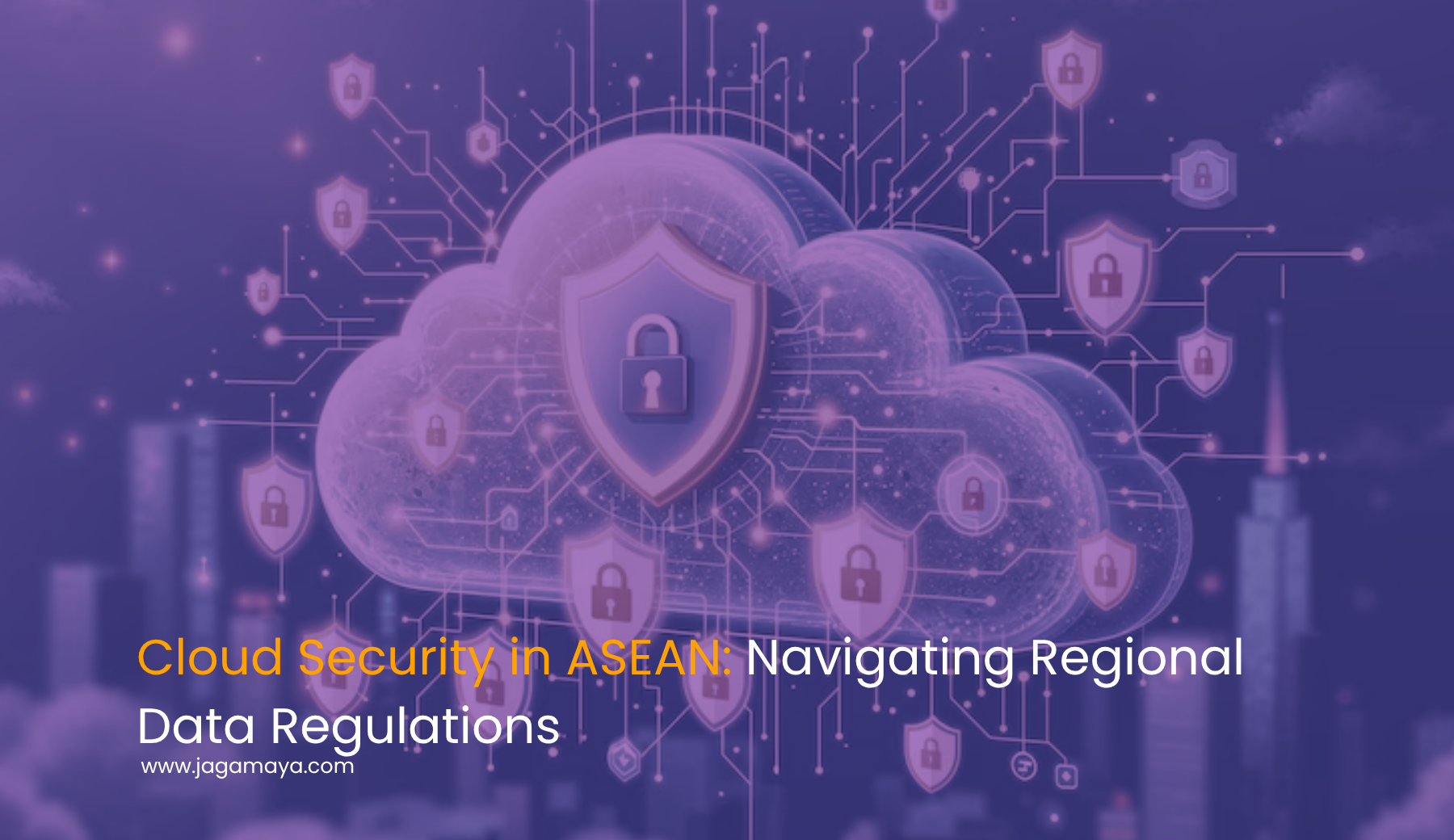As ASEAN nations increasingly digitize their economies, regional data regulations are becoming a key driver of how organizations secure and manage data in the cloud. From Singapore’s Personal Data Protection Act (PDPA) to Indonesia’s Government Regulation No. 71/2019 (PP 71), there is a growing emphasis on sovereignty, localization, and compliance. These policies are fundamentally reshaping the cloud security landscape across Southeast Asia.
Understanding the Regulatory Landscape
Each ASEAN country is developing its own framework for data protection, though they share several commonalities. Countries like Malaysia and the Philippines have adopted stricter guidelines on cross-border data transfers, while Vietnam mandates data localization for certain sectors. Singapore’s PDPA sets high standards for data protection, requiring consent-based data collection and strong breach notification mechanisms. In Indonesia, PP 71/2019 classifies electronic system operators (ESOs) and dictates where and how data must be stored, especially for public service entities.
These regional laws are part of a larger global movement towards data sovereignty, where nations assert control over data generated within their borders. As more regulations arise, multinational companies are pressed to build cloud architectures that respect these boundaries without compromising on performance or resilience.
The Security Implications for Cloud Service Providers
Cloud providers operating in ASEAN must now account for data residency and localized compliance in their security architecture. This includes:
- Deploying local data centers or partnering with regional providers.
- Offering geo-fencing and data segregation capabilities.
- Ensuring encryption, logging, and access control policies align with local laws.
Cloud-native security tools are evolving to accommodate these needs. For example, Infrastructure and Application Performance Monitoring (APM) solutions like JagaMaya’s iAPM support visibility and compliance in hybrid and multi-cloud environments, ensuring data is not only protected but also compliant with local mandates.
The Compliance Challenge for Businesses
For businesses, the complexity lies in navigating the mosaic of regulations without sacrificing operational efficiency. Enterprises that rely heavily on global cloud infrastructure must consider “onshoring” strategies or hybrid cloud setups that blend local and international resources. Tools for data classification, audit trails, and policy automation become essential to maintaining security posture.
Moreover, adopting a Zero Trust approach is increasingly recommended. Rather than assuming internal network trust, Zero Trust validates every access attempt regardless of location, aligning well with ASEAN’s privacy-first regulatory direction. NIST’s Zero Trust Architecture provides a strong reference for organizations designing modern, regulation-aligned cloud security models.
Looking Ahead: Toward Harmonization?
While the diversity in regulations adds complexity, there is a push for harmonization through forums like the ASEAN Digital Data Governance Framework, which aims to create shared standards for data governance. If successful, such initiatives could ease compliance burdens and improve cross-border data collaboration in the region.
Conclusion
Regional data regulations in ASEAN are transforming cloud security from a technical concern into a strategic business imperative. Cloud providers and businesses must align their architectures with evolving laws while adopting robust, locally aware security models. By embracing data sovereignty principles and investing in compliant infrastructure, ASEAN can build a secure, trusted digital economy.


Leave a Reply